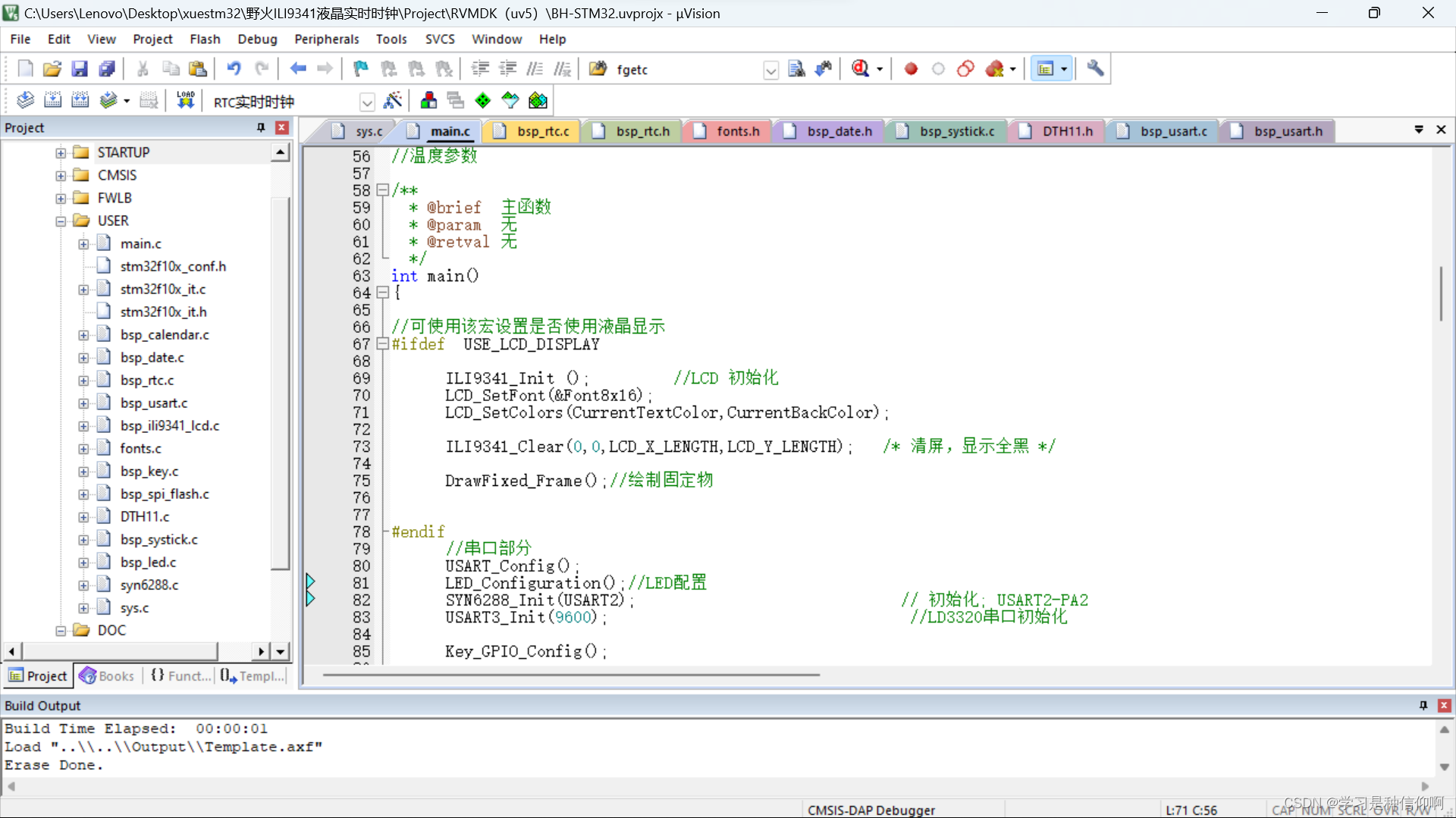python实现ssh连接执行指令的两种方式Demo
python版本:python3.7.4Demo:#!/usr/bin/env python# -*- coding: utf-8 -*-#################################################author: SkyJ#date: 2019/7/17##########################################...
·
python版本:python3.7.4
Demo:
#!/usr/bin/env python
# -*- coding: utf-8 -*-
################################################
#author: SkyJ
#date : 2019/7/17
################################################
import os
import sys
import string
import datetime
import time
import paramiko #导入paramiko
hostname = "192.168.1.11"
username = "root"
password = "SkyJ"
cmdList = ['ls -l\n', 'df -h\n']
#第一种ssh连接执行指令方式
def sshRunCmd(hostname, username, password, cmdList):
try:
client = paramiko.SSHClient()
client.set_missing_host_key_policy(paramiko.AutoAddPolicy())
#创建ssh连接
client.connect(hostname=hostname, port=22, username=username, password=password)
# 开启ssh管道
ssh = client.get_transport().open_session()
ssh.get_pty()
ssh.invoke_shell()
#执行指令
for cmd in cmdList:
ssh.sendall(cmd)
time.sleep(0.5)
result = ssh.recv(102400)
result = result.decode(encoding='UTF-8',errors='strict')
print (result)
except Exception as e:
print ("[%s] %s target failed, the reason is %s" % (datetime.datetime.now(), hostname, str(e)))
else:
print ("[%s] %s target success" % (datetime.datetime.now(), hostname))
finally:
ssh.close()
client.close()
#第二种ssh连接执行指令方式
def sshRunCmd2(hostname, username, password, cmdList):
try:
client = paramiko.SSHClient()
client.set_missing_host_key_policy(paramiko.AutoAddPolicy())
#创建ssh连接
client.connect(hostname=hostname, port=22, username=username, password=password)
#执行指令
for cmd in cmdList:
stdin, stdout, stderr = client.exec_command(cmd)
result = stdout.read()
result = result.decode(encoding='UTF-8',errors='strict')
print (result)
except Exception as e:
print ("[%s] %s target failed, the reason is %s" % (datetime.datetime.now(), hostname, str(e)))
else:
print ("[%s] %s target success" % (datetime.datetime.now(), hostname))
finally:
client.close()
if __name__ == '__main__':
sshRunCmd(hostname, username, password, cmdList)
sshRunCmd2(hostname, username, password, cmdList)
更多推荐
 已为社区贡献1条内容
已为社区贡献1条内容








所有评论(0)